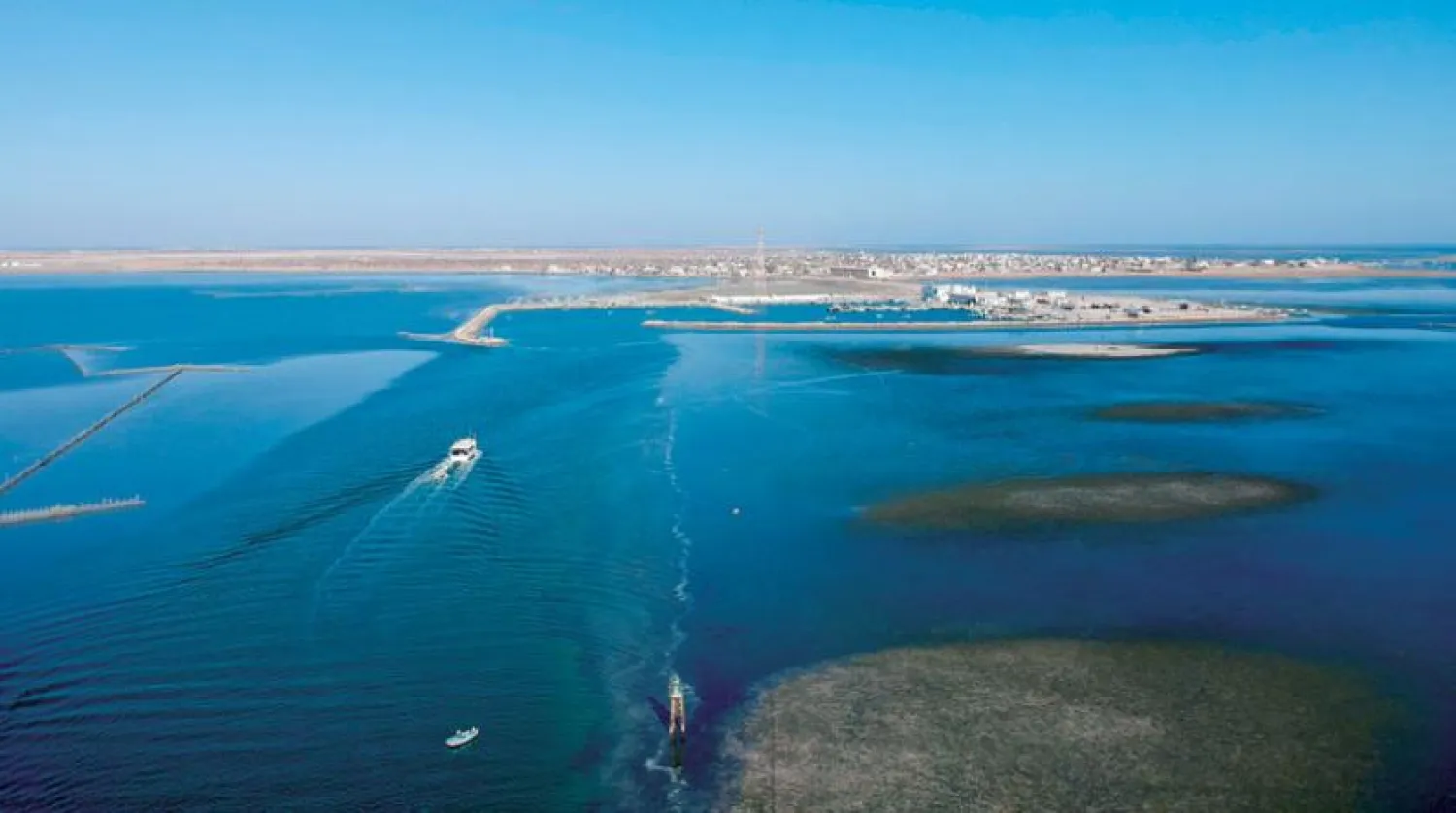Tunisia's economy grew by 2.9% in the third quarter of this year, driven by growth in the services sector, the state statistics institute said on Tuesday.
In the same period last year, growth was 1.7%.
“Over the three months from July to September, the gross domestic product increased by 2.9% on an annual basis, marking an acceleration compared to the two previous quarters (respectively at 2.3% and 2.6%),” it said.
“Despite a difficult global environment and record inflation, economic activity is continuing its recovery dynamic after the 2020 health crisis; a process that is still incomplete, since the national income still remains below its level at the end of 2019,” it added.
Tunisian Minister of Tourism Mohamed Moez Belhassine also announced that the tourism sector welcomed this year more than 5.4 million tourists till November 10, a huge increase (174 percent) compared to the same period last year.
Despite the positive developments in the sector, the number falls short of the influx of tourists in 2019.









